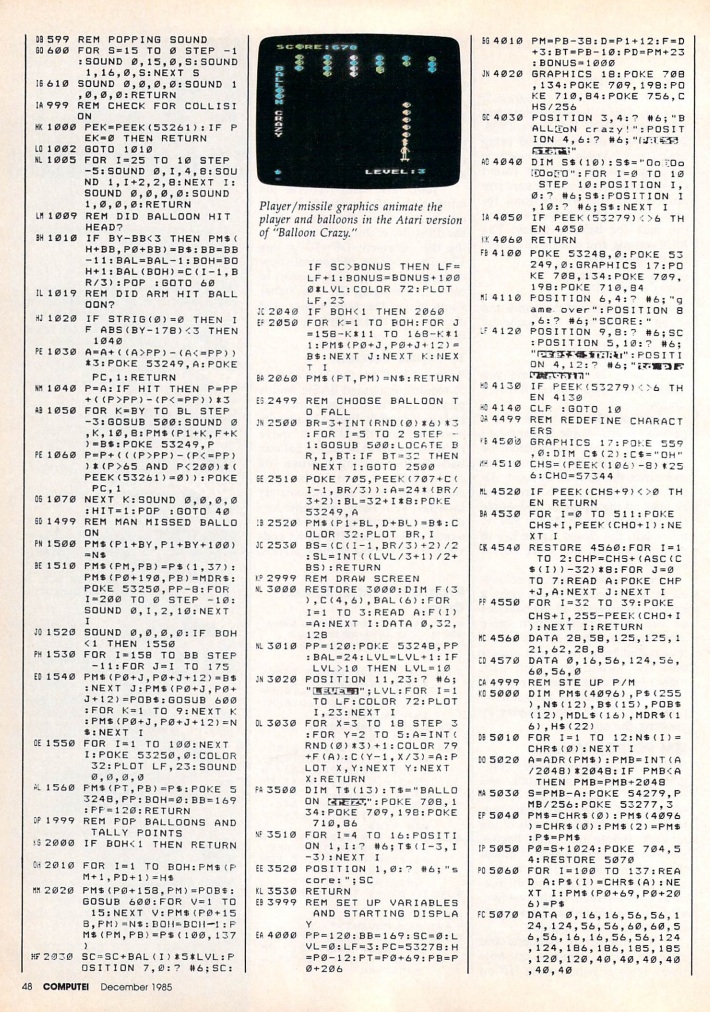I'm trying to remember stuff that I had to research for a sociology class. I got to do a lecture on this a while later so it was at least deemed resaonable by an academic. It's no longer something I look at (for well over a decade.)
During the AIDS epidemic, there was a was desire to prove your healthiness to a potential partner. Remember that AIDS is a wasting disease so unhealthily would be scrawny (not overweight like today). Hence we had the hypermasculine phase that Arnie is well known for. It's where some people got the idea that women were looking for mascular men as a good partner (even though it was actually men looking for a partner) and which is generally held as not true (there definitely can be too many muscles for most women.)
Any effeminate man was deemed gay (hence some gay men really embracing that stereotype and over emphasising their 'feminine' side, Queer Eye style to distance themselves from hetero.) Nerds got caught up in this, not being 'real men' and all (I.e. Hypermasculine.) But they were eventually able to distance themselves from gay men, even if they still had that stigma. Mainly becuase people realised that hetero men could get aids too. So anyone not looking healthy was a threat. So you spending time away from the gym is seen as sickly. One aspect is the video games, which other people have explained.
During the AIDS epidemic, there was a was desire to prove your healthiness to a potential partner. Remember that AIDS is a wasting disease so unhealthily would be scrawny (not overweight like today). Hence we had the hypermasculine phase that Arnie is well known for. It's where some people got the idea that women were looking for mascular men as a good partner (even though it was actually men looking for a partner) and which is generally held as not true (there definitely can be too many muscles for most women.)
Any effeminate man was deemed gay (hence some gay men really embracing that stereotype and over emphasising their 'feminine' side, Queer Eye style to distance themselves from hetero.) Nerds got caught up in this, not being 'real men' and all (I.e. Hypermasculine.) But they were eventually able to distance themselves from gay men, even if they still had that stigma. Mainly becuase people realised that hetero men could get aids too. So anyone not looking healthy was a threat. So you spending time away from the gym is seen as sickly. One aspect is the video games, which other people have explained.

